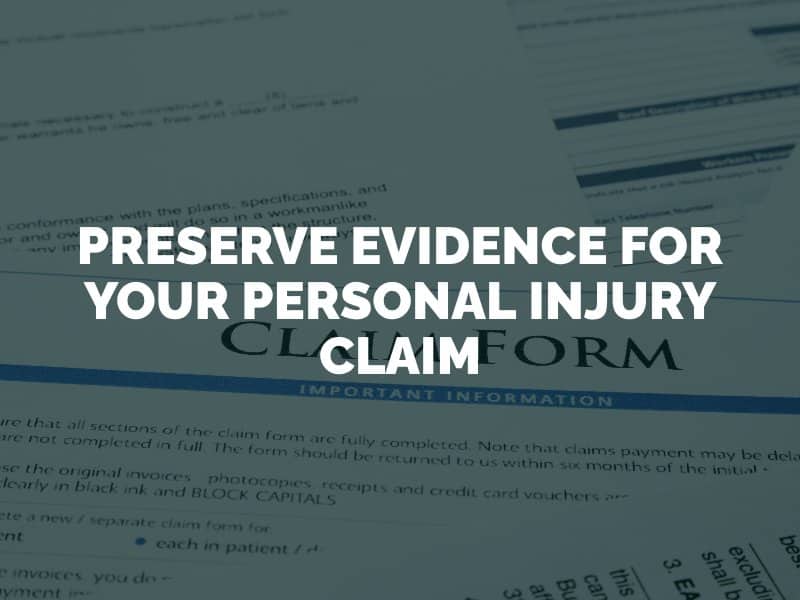We use cookies to help you navigate efficiently and perform certain functions. You will find detailed information about all cookies under each consent category below.
The cookies that are categorised as "Necessary" are stored on your browser as they are essential for enabling the basic functionalities of the site. ...
Necessary cookies are required to enable the basic features of this site, such as providing secure log-in or adjusting your consent preferences. These cookies do not store any personally identifiable data.
Functional cookies help perform certain functionalities like sharing the content of the website on social media platforms, collecting feedback, and other third-party features.
Analytical cookies are used to understand how visitors interact with the website. These cookies help provide information on metrics such as the number of visitors, bounce rate, traffic source, etc.
Performance cookies are used to understand and analyse the key performance indexes of the website which helps in delivering a better user experience for the visitors.
Advertisement cookies are used to provide visitors with customised advertisements based on the pages you visited previously and to analyse the effectiveness of the ad campaigns.
When you have a personal injury case and want it to be successful, presenting accurate and convincing evidence is key. If the presented evidence does not meet the burden of proof, you could end up without any monetary compensation. In any type of personal injury claim, the first moments and days after the accident are crucial. It’s important to know what type of evidence to gather and how to preserve it.

Many people aren’t thinking about lawsuits and payouts immediately after an accident, but there is a lot of evidence and information that can be gathered right away, so it’s a good idea to know what to do if you find yourself in that position. The following steps will help you preserve evidence for your claim:
Immediately after the accident, it is best to write down everything you can remember. Most of us think we will remember what happened and can take notes later on, but our memories aren’t usually as accurate as we think they are. The more information you note, the better. Some important information is what you remember about how the accident happened, information about scene of the accident, and information about your injuries, how you feel, and any property damage that occurred. If you were injured in a car accident, be sure to get in touch with a Denver car accident attorney. Also, you should make sure to note information about the other car and driver involved, such as make, model, and license plate number of the car, and a description of the driver.
Another important step is to take as many photographs as possible. You will want to take pictures of any visible injuries, property damage, damage to the car if you were injured in a car accident, photographs of the scene and the dangerous conditions that existed if applicable, and anything else that you think is relevant to your injuries and potential claim.
One of the most important aspects of any personal injury claim is evidence of our injuries. This is presented through photographs and medical records. It’s important to seek medical attention after any injury, as it is important to make sure you are healthy, but it will also be important should you decide to move forward with a claim. Take notes about every hospital visit, treatments they recommend, and collect all your hospital bills. If you have trouble obtaining any of this information, your attorney can help you.
One of the most helpful pieces of evidence, if it exists, is video footage of the accident that caused your injuries. This could come in many forms, such as a doorbell video camera, a surveillance camera in a store, a dash cam video from someone else’s vehicle, or even a video recording that a witness took on their cell phone. If you don’t try to recover that footage immediately, you run the risk of it being erased. If a store or person doesn’t know that you need the footage, it’s common for recording to be deleted every 30 days, or sometimes even sooner. Contact the person you believe has the footage immediately to ensure that they preserve the evidence for you.
Presenting solid evidence is the most important part of your claim, and to do that, you need to make sure the evidence is preserved. If you have any questions or need help, contact a Denver injury lawyer today to set up a free consultation.
Notifications